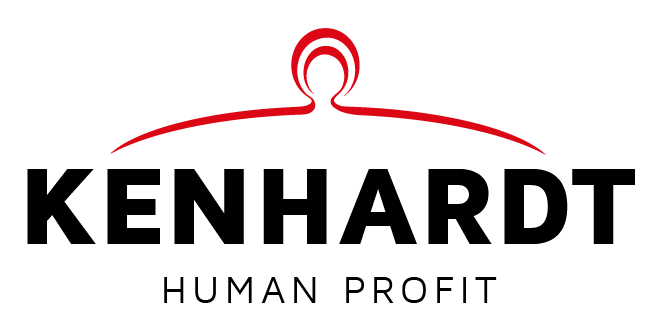Supervisory Board self-evaluation
The Supervisory Board (SB) – or sometimes Advisory Board – has a strongly growing responsibility. The stricter requirements from the Governance Code, increasing social pressure and the growth in complexity of issues make ever greater demands.
Rules for proper functioning are laid down in the Governance Codes. Among other things, they state that the functioning of the Board and that of the individual members must be evaluated in terms of effectiveness at least once a year. This so-called self-evaluation is a serious matter in which independent external guidance is increasingly chosen.
Guidance on self-evaluation
Well-functioning Governance is crucial. An annual thorough and thorough self-evaluation of the Board is therefore of great importance. The best-known pitfall is that issues are not raised. Matters that can get in the way of the Council functioning well. A missed opportunity!
Using external guidance reduces the informality of the self-evaluation and ensures that sensitive issues are made open to discussion. Consultants also help to objectify the findings from the self-evaluation.
Under external professional guidance and using a systematic approach, topics are discussed. Both the Council’s strengths and those where improvement is needed. This includes looking at:
- Council effectiveness;
- The functioning as a team but also that of the members individually;
- The collaboration and communication;
- The accountability to stakeholders;
- And, of course, the relationship and actual dealings with the Board.
A thorough self-evaluation, going beyond the requirements of the Governance Code, contributes to optimising the functioning of the Board. In doing so, experience shows that a self-evaluation under external supervision yields more results.
Customised self-evaluation
How the self-assessment under Kenhardt’s guidance takes place is determined together with you. Your specific wishes, objectives and budget are taken into account, resulting in either minimal or extensive support. The focus is always on increasing the added value of the council for the organisation.

Plan of approach
To give a concrete example of an approach, we describe a commonly used method below.
- Transparency in approach and expectations. Prior to the programme, all participants are explained what the starting points are, what activities will take place and what can be expected.
- Diagnostics as a basis. Before the individual self-assessment interview, all participants receive a personality and/or motivation questionnaire and/or a questionnaire analysing the actual situation of the Council’s functioning.
- Individual self-assessment interview. An in-depth interview is held with all participants, sometimes including board/management or other stakeholders, based on the results of the questionnaires. In it, the results of the diagnostics are discussed, clarified and deepened.
- Meeting with the Board. In a meeting of one or more half-days, the group profile and the results of the diagnostics and interviews are fed back. Together with the participants, via an assignment, a collective analysis is made and we look at where improvement can take place and how. At the end of the team meeting, conclusions are drawn together and agreements are made for the action plan.
- Action plan. The result of the meeting is a clear, shared and supported analysis and an action plan in which starting points, intentions, agreements and concrete actions are described.
- Certificate. All participants receive a certificate of participation afterwards.
Experience at the top!
Based on years of experience, Kenhardt guides self-assessments in a professional and personal manner. The consultants prepare thoroughly and create a confidential atmosphere. Committed, knowledgeable and with a fresh perspective, they get to work!
More information
For more information, contact us now:
[email protected]
+31 73 692 39 39

